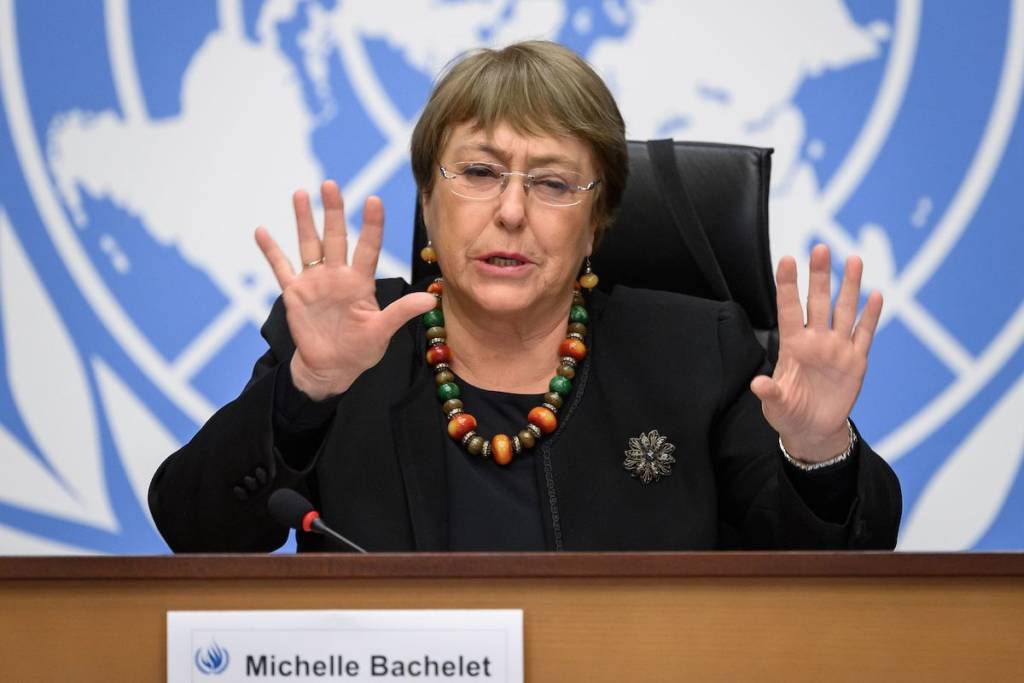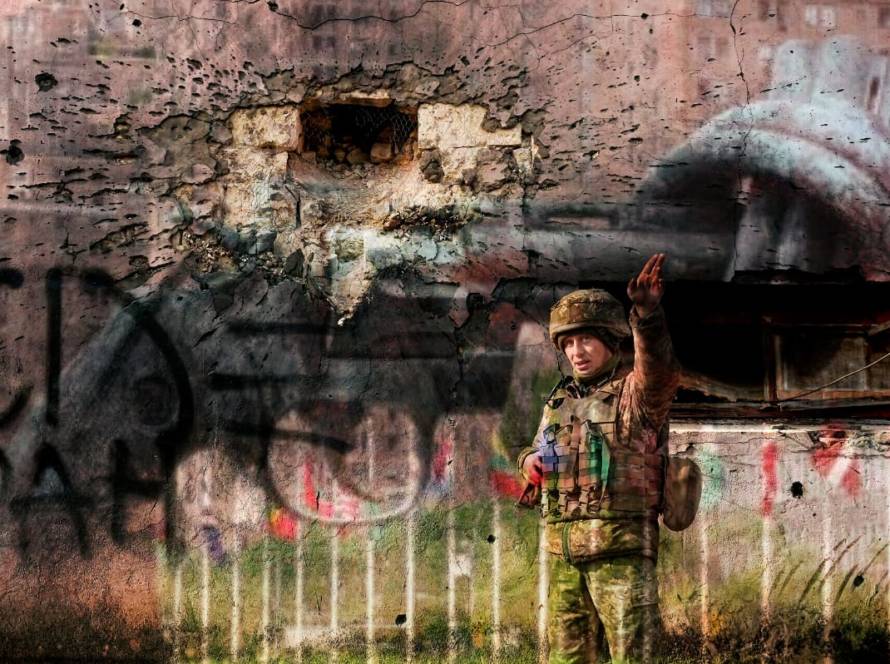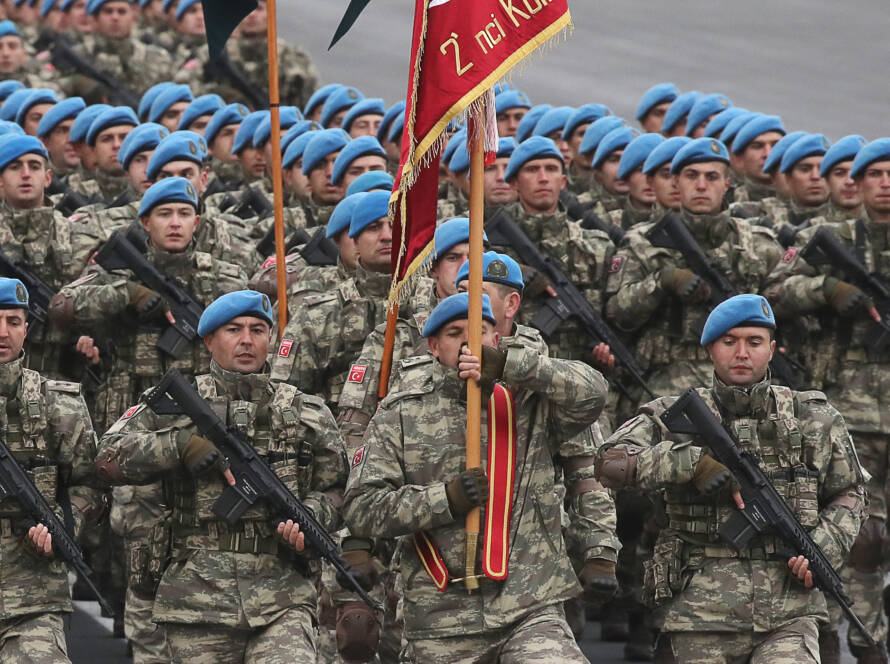By Lahirru Pothmulla

Thrust in economic woes, the ongoing 49th United Nations Human Rights Council (UNHRC) session has not been in local limelight as seen in previous years. But the human rights situation in Sri Lanka was once again a topic of concern at the ongoing hearings.
To some Sri Lankans, this Council has been a thorn in their eyes while others – perceived as a threat that seeks to intervene and implement US-led Western agendas. For most victims this UN agency is a last resort in seeking justice over human rights violations. As for the governments that have been in power, the relationship has been tumultuous – one seeking to cooperate and work together while others used the proceedings as fuel to spark nationalist sentiments.
From support to neglect
Since the civil war in Sri Lanka ended in 2009, there have been multiple UNHRC resolutions on Sri Lanka over alleged human rights violations and war crimes. However, the first UNHRC Resolution titled, “Assistance to Sri Lanka in the promotion and protection of human rights” was in favour of Sri Lanka. The Resolution was adopted on 27 May 2009 upon gaining the support of 29 out of 47 UNHRC member states. This was also the only occasion during which, India backed Sri Lanka.
The initial wave of support at the very first resolution was extended to Sri Lanka to accord the time and opportunity needed to probe into the alleged human rights violations and war crimes. But Sri Lanka showed little or no progress in terms of progressing with delivering justice through the domestic investigations. Allies, including India grew impatient and disappointed. That’s how all the subsequent resolutions against Sri Lanka were passed with overwhelming majority.
Sri Lanka seemingly backtracked on its promises to the international community and more importantly to its own people. It kept rejecting UN Resolutions but to no avail, except for that one time when the United National Front Government headed by President Maithripala Sirisena and led by Prime Minister Ranil Wickremasinghe co-sponsored a UN Resolution alongside the United States of America. Resolution 30/1 on promotion on reconciliation in Sri Lanka was co-sponsored in 2015. But as the government changed, as the incumbent government led by President Gotabaya Rajapaksa came into power, Sri Lanka withdrew from co-sponsorship in February 2020.
Exploiting UN proceedings for political gain
Governments led by the Rajapaksas always leaned towards using the global call for Sri Lanka to probe the allegations of alleged crimes committed during the last stages of the war, towards their political gain. With anti-Western rhetoric, the resolutions and by extension the UNHRC, were always only painted of as moves that were detrimental to the country.
Interestingly, when he was an opposition MP Mahinda Rajapaksa himself attempted to attend a special UNHRC meeting in 1990 carrying with him photographs and documents pertaining to missing persons in the 1988-1989 period. However, he was detained at the airport. So for those who remember history, the Rajapaksa governments’ claims against those turning to UNHRC for justice, labelling them as ‘conspirators’ and ‘traitors’ are baffling, to say the least. Under the same Rajapaksa government, thousands were victims of enforced disappearances. Family members of missing persons have continuously protested daily for over 1830 days looking for answers.
Cut to 2021: UNHRC adopted its latest resolution “46/1. Promoting reconciliation, accountability and human rights in Sri Lanka (A/HRC/RES/46/1)” on Sri Lanka on 23 March 2021.
Today, Sri Lanka and the UNHRC are at an impasse. UN Human Rights Commissioner Michelle Bachelet in her oral reports at the UNHRC Sessions with regard to the situation in Sri Lanka says it is no longer only about alleged human rights violations during the war or war crimes. Now, the focus has expanded to more recent incidents that have been in violation of universal as well as local human rights practises.
From war crimes to HR violations during the pandemic
Once, Bachelet highlighted the issue of mandatory cremation of COVID-19 remains in Sri Lanka which gravely aggrieved the local Muslim community. In her most recent report, Bachelet said the victims of the 2019 Easter Sunday attacks “continue to call urgently for truth, justice, reparation for victims and a full account of the circumstances that permitted those attacks, in particular the role of the security establishment.”
Against this backdrop, Archbishop of Colombo Malcolm Cardinal Ranjith, disappointed by the lack of progress of the Sri Lankan Government’s investigations into the Easter Sunday attacks, also met with High Commissioner Bachelet on March 2nd, in Geneva.
A statement issued by the Bishop’s House in Colombo said Cardinal Ranjith and the Human Rights Commissioner discussed “government investigations into the 2019 Easter Sunday bombings and delayed justice for the 269 victims and their families.”
Meanwhile, Sri Lanka’s Foreign Minister G.L. Peiris who is in Geneva described resolution 46/1 on Sri Lanka as one that is deeply flawed. “…the resolution was adopted by a divided vote in this Council. Sri Lanka and other Member States opposed this resolution in fundamental disagreement with its deeply flawed procedure and unacceptable content,” he said.
Country specific resolutions such as 46/1on Sri Lanka have always been criticised by the countries where nationalist politics dominate, including China.
UNHRC is not with double-standards
Those who criticise the UNHRC are not without reason either. Resolutions brought against countries such as Israel that received the backing of powerful Western nations, are always rejected by their protectors such as the United States. It was not long ago that one of America’s representatives to the UN, Nikki Haley accused the Council of being a ‘cesspool of political bias’ and describing the agency as one that “makes a mockery of human rights” withdrew from it during the Trump administration in June 2018. She also said the Council was a “hypocritical and a self-serving organisation” that displayed “unending hostility towards Israel”.
But the U.S. and the UNHRC have now patched up, having rejoined the UNHRC in October last year under the Biden administration.
The most recent development in the Council during its latest session is the passage of a resolution condemning alleged human rights violations in Ukraine by Russia and setting up an independent international commission of inquiry to investigate them.
This resolution, which was presented by Ukraine was adopted by the votes of 32 countries while 13 nations including China, Sri Lanka and India abstained. Only Russia and Eritrea voted against it.
In response, commenting on the proposed commission, Counsellor Evgeny Ustinov from the Russian delegation said they reject the creation of a Commission of Inquiry. Ustinov said it was “a mere waste of resources, which could better be used to help civilians in Ukraine.”
So there poses the question if the UNHRC makes any difference in ensuring its members fulfill their human rights obligations. In the case of Sri Lanka, despite rounds of back and forth between the Council and the government over the years, it has still not brought impactful justice to those seeking reparations or closure. Internationally, the state of affairs do not seem to be far different; from its efficacy to application, the UNHRC appears to be a toothless outfit needing wide-spread reforms within the agency, if its mandate is to be fulfilled.
[Lahirru is journalist with over eight years of experience. He has covered UNHRC sessions for the Daily Mirror and The Morning. He has a BSc (Honours) in Psychology from the University of Coventry, United Kingdom and can be reached via lahirupothmulla@gmail.com ]
Disclaimer – Factum is a Sri Lanka based think-tank providing international relations analysis and public diplomacy consultancies in Sri Lanka and Asia. Visit – www.Factum.LK


